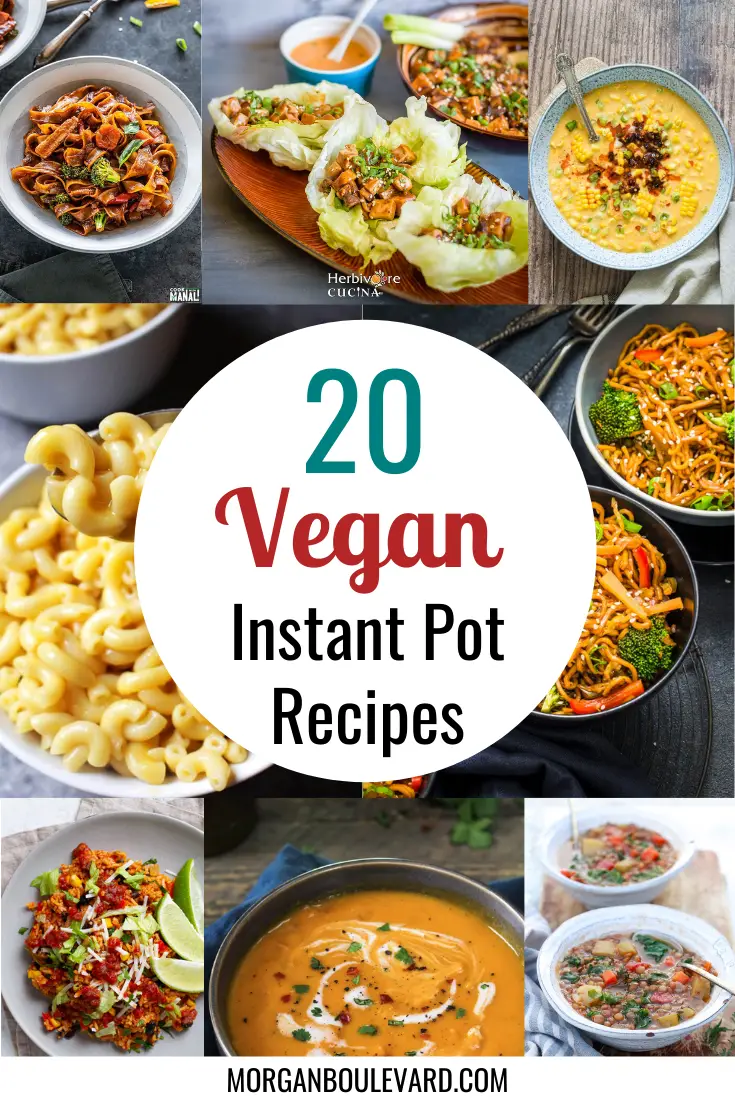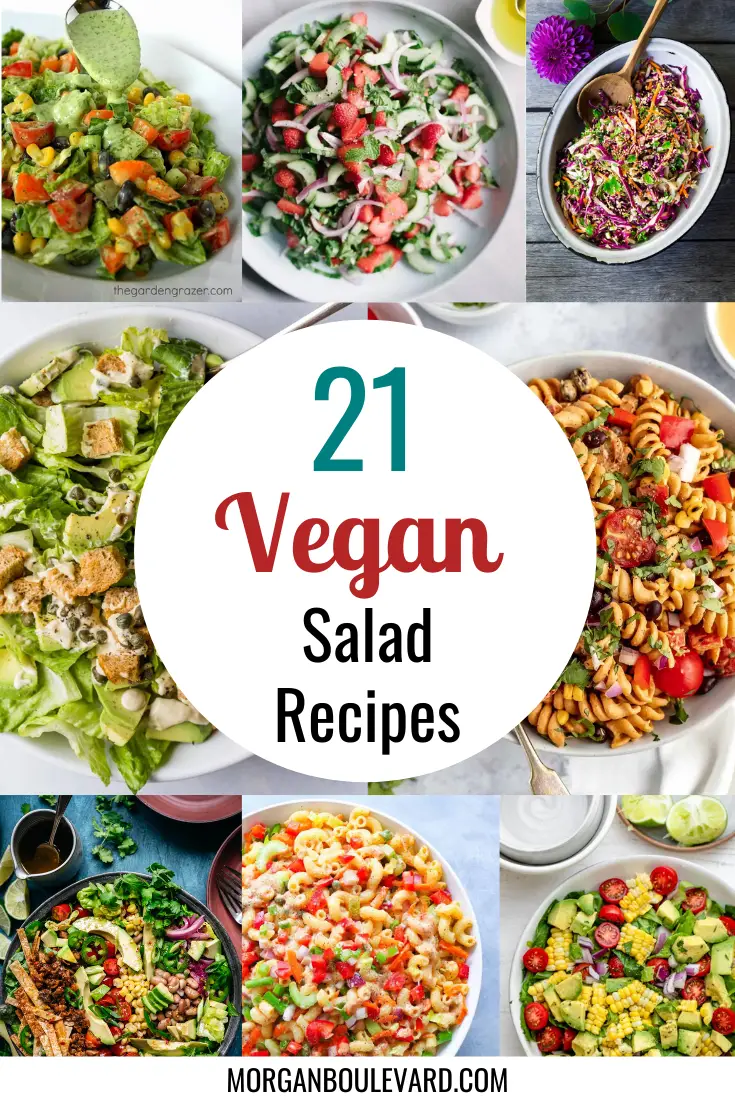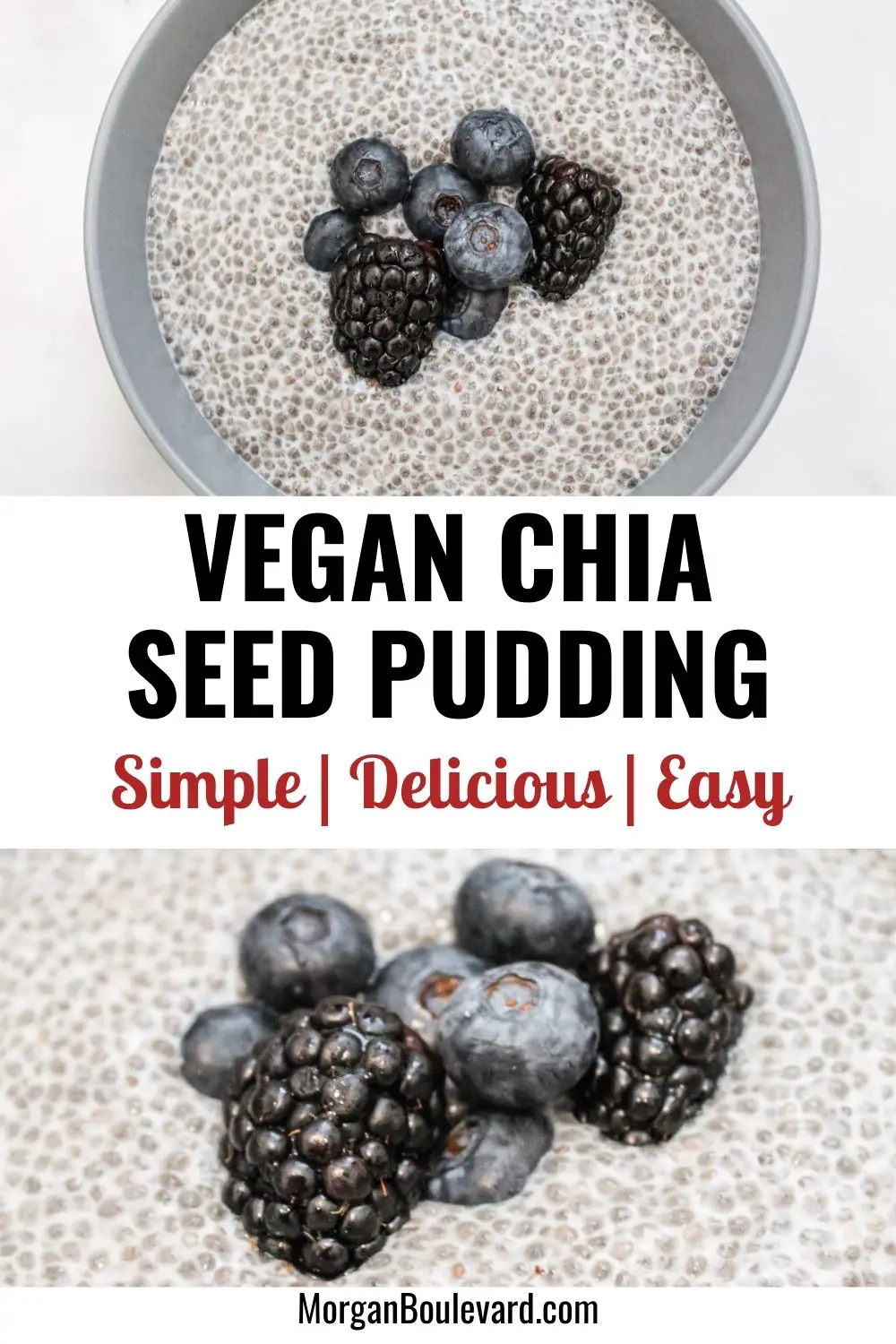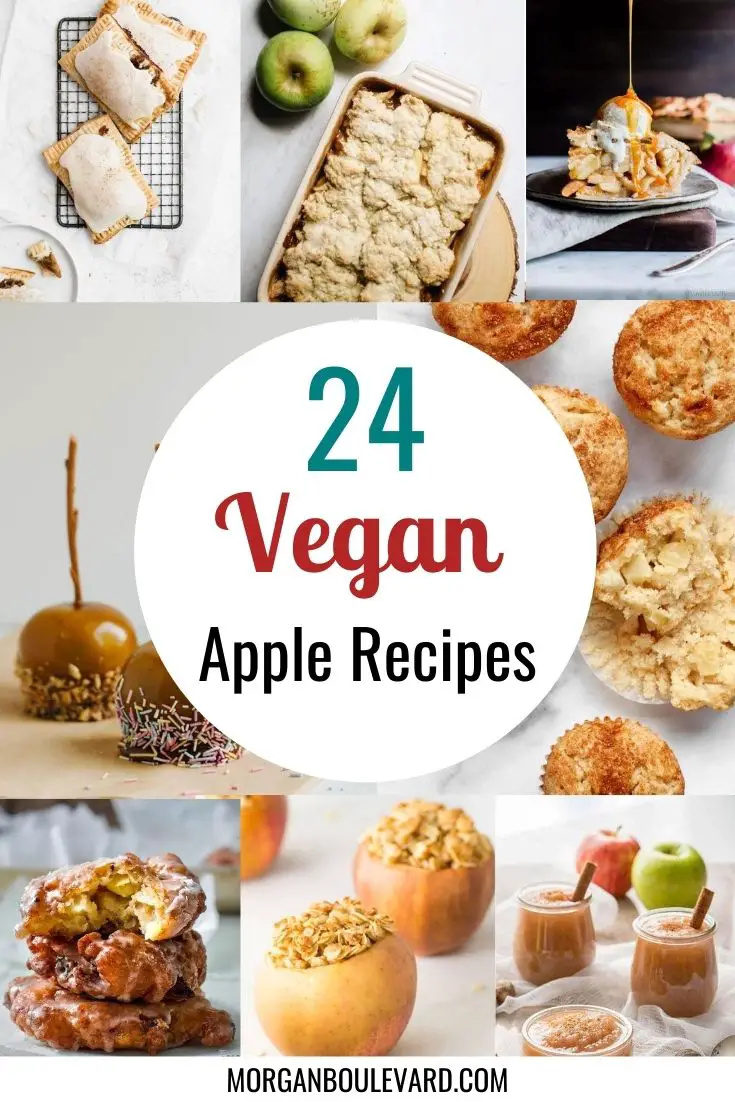The Vegan Way: More Than Just a Diet, It’s a Lifestyle

The vegan diet, which excludes all animal products, has been gaining traction globally. Recent data suggests that a significant portion of young Americans are either vegan or vegetarian. The rise in veganism in 2020 reached an unprecedented level, as reported by the food-centric website, Chef’s Pencil.
Why Go Vegan?

The reasons for adopting a vegan lifestyle vary. For many, it’s a matter of animal welfare, while others are drawn to the potential health benefits. Dr. Jeffrey Soble, a cardiologist at RUSH University Medical Center, transitioned to a plant-based diet primarily due to health reasons, especially given his family’s history of heart disease. Research indicates that a vegan diet can:
Note: This post may contain affiliate links, which means if you buy from my link I might make a small commission. This does not affect the price you pay. See the full affiliate disclosure here.
- Aid in weight loss
- Lower the risk of heart disease by reducing cholesterol
- Decrease the chances of certain cancers, like colon cancer
- Help manage diabetes by reducing A1C levels
However, Dr. Soble emphasizes that merely being vegan doesn’t equate to good health. It’s essential to make informed food choices.
Navigating the Vegan Diet

While avoiding animal products, vegans must ensure they get essential nutrients from other sources:
- Protein: Apart from animals, protein can be sourced from soy products, chickpeas, lentils, and nutritional yeast.
- Vitamin B12: Essential for energy, B12 is absent in plants. Vegans can opt for fortified cereals, rice, soy drinks, or supplements.
- Essential Fatty Acids: Crucial for brain health, these can be found in whole grains, leafy greens, and nuts like almonds and walnuts.
- Iron: While red meat and egg yolks are rich in iron, plant-based sources include black-eyed peas, tofu, and dried fruits.
- Vitamin D: Sunlight is a natural source. Additionally, fortified orange juice and soy can help.
Interesting Facts:
- The term “vegan” was coined in 1944 by Donald Watson, co-founder of the Vegan Society.
- Ancient Indian and Mediterranean cultures have followed vegetarian and vegan diets for centuries.
- Albert Einstein, a known vegetarian, once said, “Nothing will benefit human health and increase the chances for survival of life on Earth as much as the evolution to a vegetarian diet.”
Transitioning to Veganism

If you’re considering the vegan path, Dr. Soble offers some advice:
- Discuss with your partner or family.
- Make a list of vegan foods you’ve enjoyed.
- Set clear expectations. Veganism doesn’t have to be absolute; it’s about what works for you.
- Overcome obstacles. With the increasing availability of vegan products in regular stores, going vegan has never been easier.
In conclusion, while veganism offers numerous health benefits, it’s essential to approach it with knowledge and planning. Whether it’s for health, environmental, or ethical reasons, the vegan journey is a personal one, and it’s crucial to find what’s sustainable and fulfilling for you.






